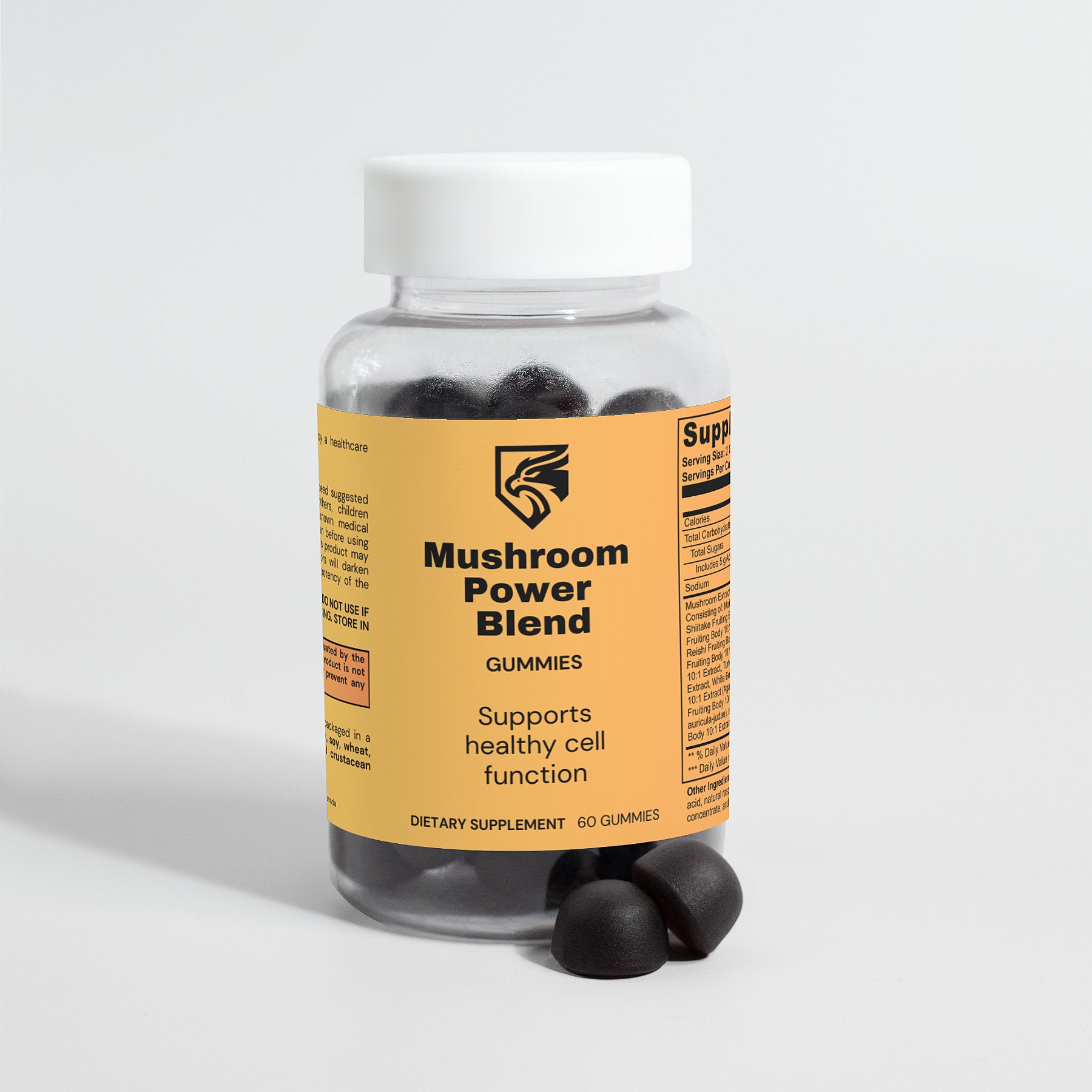Introduction:
Cannabis, often celebrated for its medicinal and recreational use, has sparked debates regarding its effects on various aspects of health. One area of concern is its impact on testosterone levels in the body. Testosterone, a hormone predominantly associated with male development and sexual characteristics, plays a crucial role in both men and women's health. However, the relationship between cannabis consumption and testosterone levels is complex and multifaceted. In this article, we delve into five negative effects of weed on testosterone levels, shedding light on an often overlooked aspect of cannabis use.
- Disruption of Endocrine Function:
The endocrine system regulates hormone production and secretion, maintaining the body's internal balance. Cannabis contains compounds known as cannabinoids, which interact with cannabinoid receptors in the body, including those involved in hormone regulation. Research suggests that prolonged cannabis use may disrupt the endocrine system's delicate balance, leading to alterations in testosterone levels. Chronic exposure to cannabinoids can interfere with the production and release of hormones, potentially resulting in decreased testosterone levels over time.
- Inhibition of Testosterone Production:
Testosterone is primarily produced in the testes in men and in smaller amounts in the ovaries and adrenal glands in women. Studies have indicated that cannabis use may interfere with testosterone production in the testes by affecting the function of Leydig cells, which are responsible for testosterone synthesis. The presence of cannabinoids in the body can inhibit the activity of enzymes involved in testosterone biosynthesis, leading to reduced testosterone production. Consequently, individuals who regularly use cannabis may experience lower testosterone levels, impacting various physiological functions.
- Impaired Spermatogenesis:
Spermatogenesis, the process of sperm production, is tightly regulated by hormonal signals, including testosterone. Alterations in testosterone levels can disrupt this delicate process, potentially affecting male fertility. Research suggests that cannabis use may impair spermatogenesis by decreasing testosterone levels and altering the function of Sertoli cells, which support sperm development. Moreover, cannabinoids have been shown to accumulate in the reproductive organs, further exacerbating the detrimental effects on sperm quality and quantity. Consequently, chronic cannabis use may increase the risk of male infertility, highlighting another negative consequence of weed on testosterone levels.
- Impact on Sexual Function:
Testosterone plays a pivotal role in regulating sexual function and libido in both men and women. Lower testosterone levels have been associated with decreased sexual desire, erectile dysfunction, and other sexual dysfunctions. Chronic cannabis use has been linked to alterations in sexual function, potentially mediated by changes in testosterone levels. Studies have shown that regular cannabis users may experience difficulties with arousal, performance, and satisfaction in sexual encounters. Furthermore, the psychotropic effects of cannabis can also influence sexual behavior and perception, further complicating the relationship between cannabis use and sexual function.
- Risk of Hormonal Imbalance:
Maintaining optimal testosterone levels is essential for overall health and well-being. Imbalances in testosterone levels can have far-reaching consequences, affecting physical, mental, and emotional health. Chronic cannabis use has been associated with an increased risk of hormonal imbalance, characterized by low testosterone levels and disrupted endocrine function. Hormonal imbalances can manifest as symptoms such as fatigue, mood swings, muscle loss, and decreased bone density. Moreover, alterations in testosterone levels may contribute to the development of conditions such as osteoporosis, depression, and metabolic disorders, further underscoring the negative effects of weed on testosterone and overall hormonal health.
Conclusion:
In conclusion, the relationship between cannabis use and testosterone levels is complex and multifaceted. While some research suggests a potential link between chronic cannabis use and decreased testosterone levels, further studies are needed to elucidate the underlying mechanisms and long-term implications. Nonetheless, evidence indicates that cannabis consumption can disrupt endocrine function, inhibit testosterone production, impair spermatogenesis, affect sexual function, and increase the risk of hormonal imbalance. As such, individuals should be aware of the potential negative effects of weed on testosterone and consider moderation or cessation of cannabis use, particularly if they have concerns about their hormonal health. Future research endeavors are warranted to fully understand the impact of cannabis on testosterone levels and its broader implications for human health.







Leave a comment
All comments are moderated before being published.
This site is protected by hCaptcha and the hCaptcha Privacy Policy and Terms of Service apply.